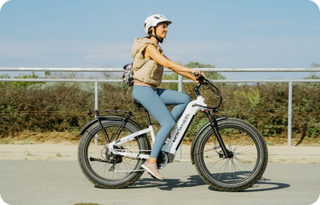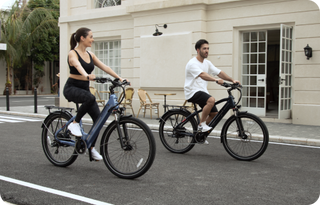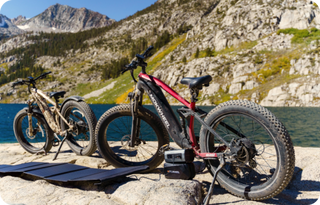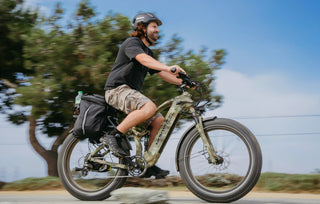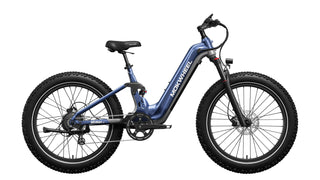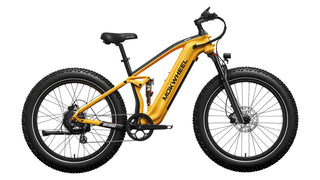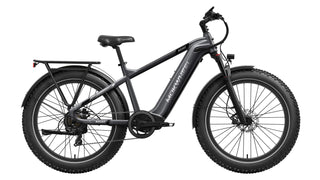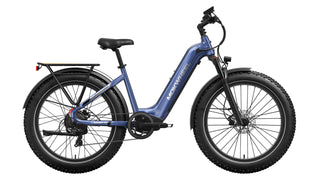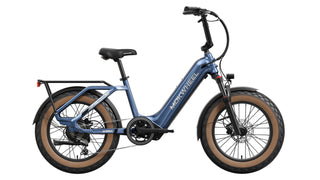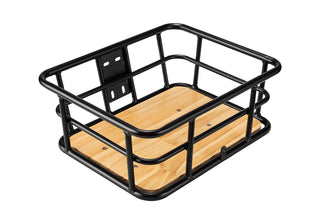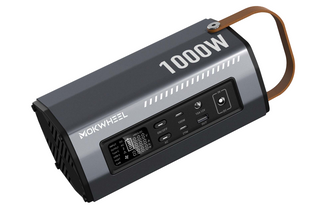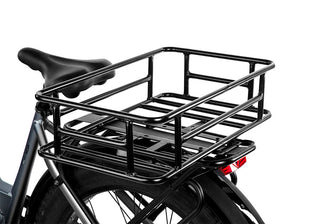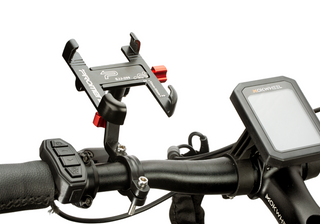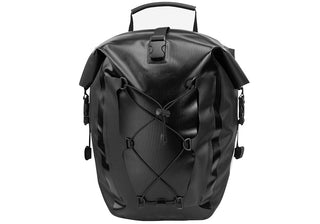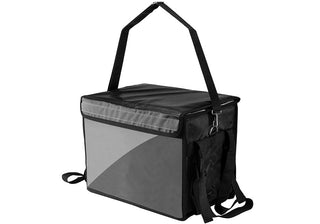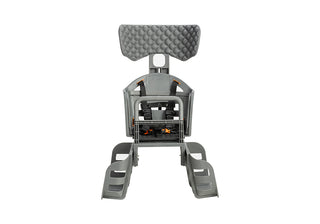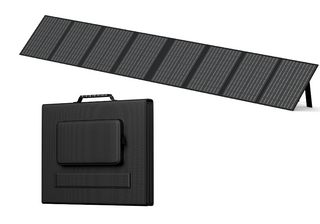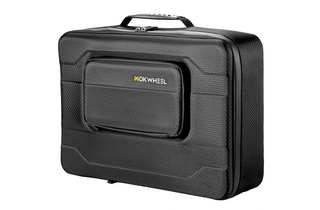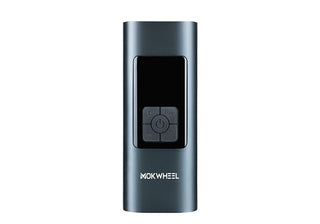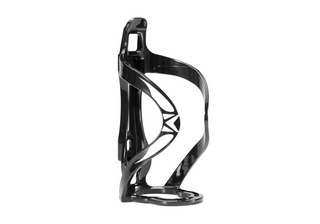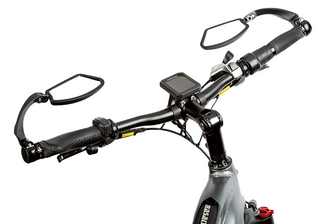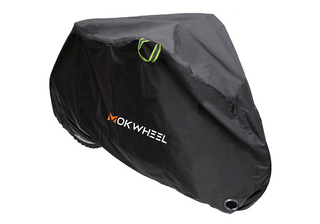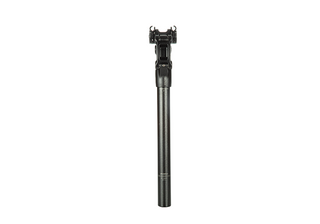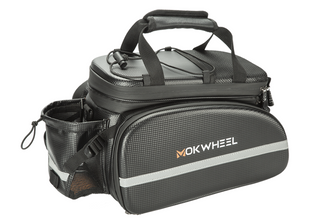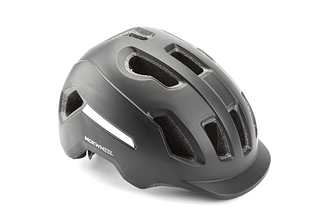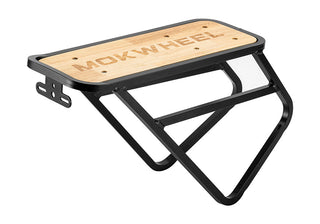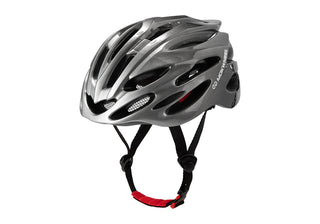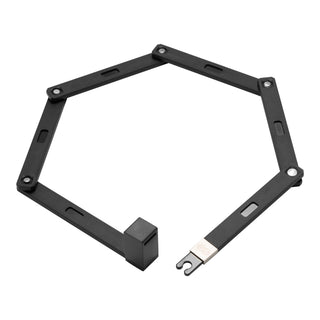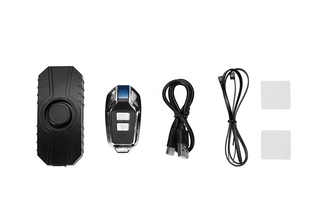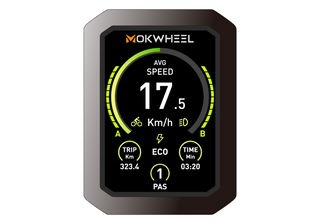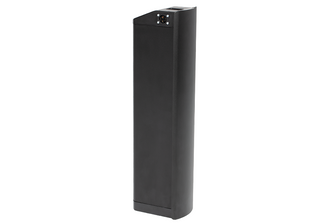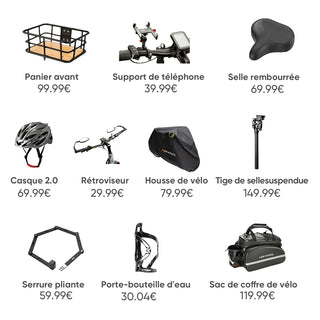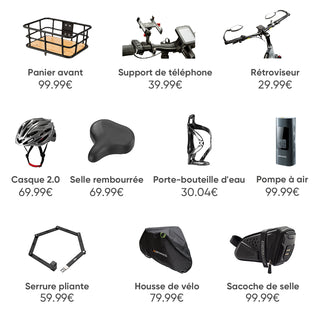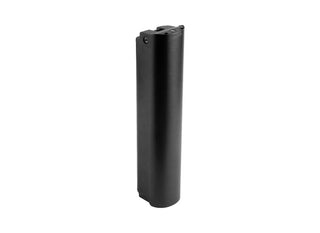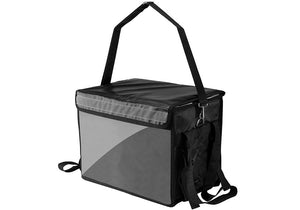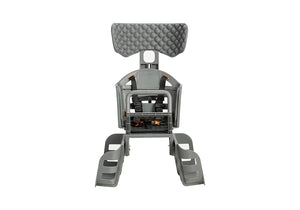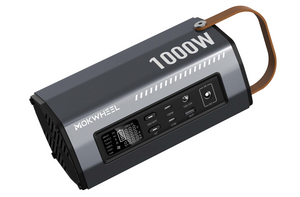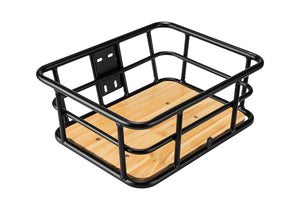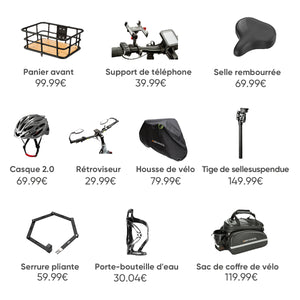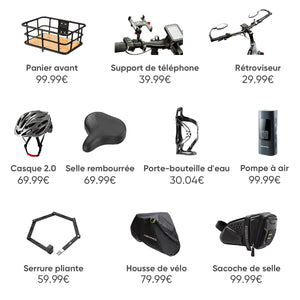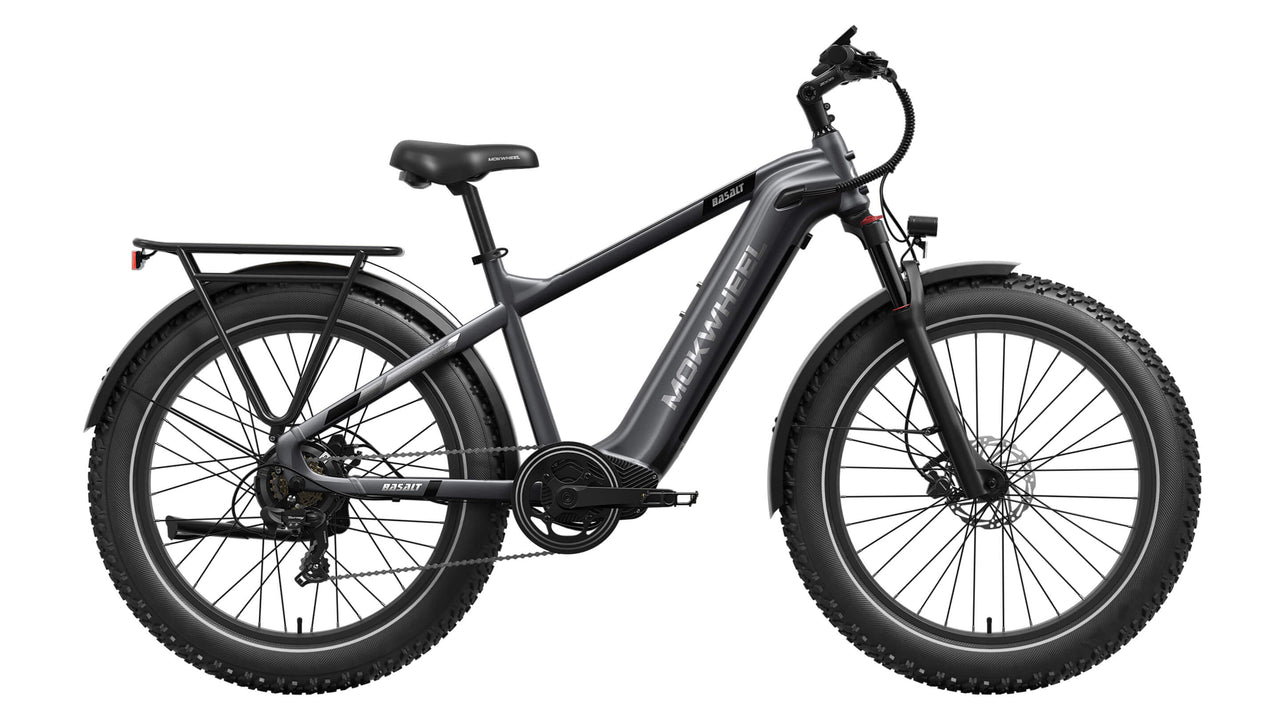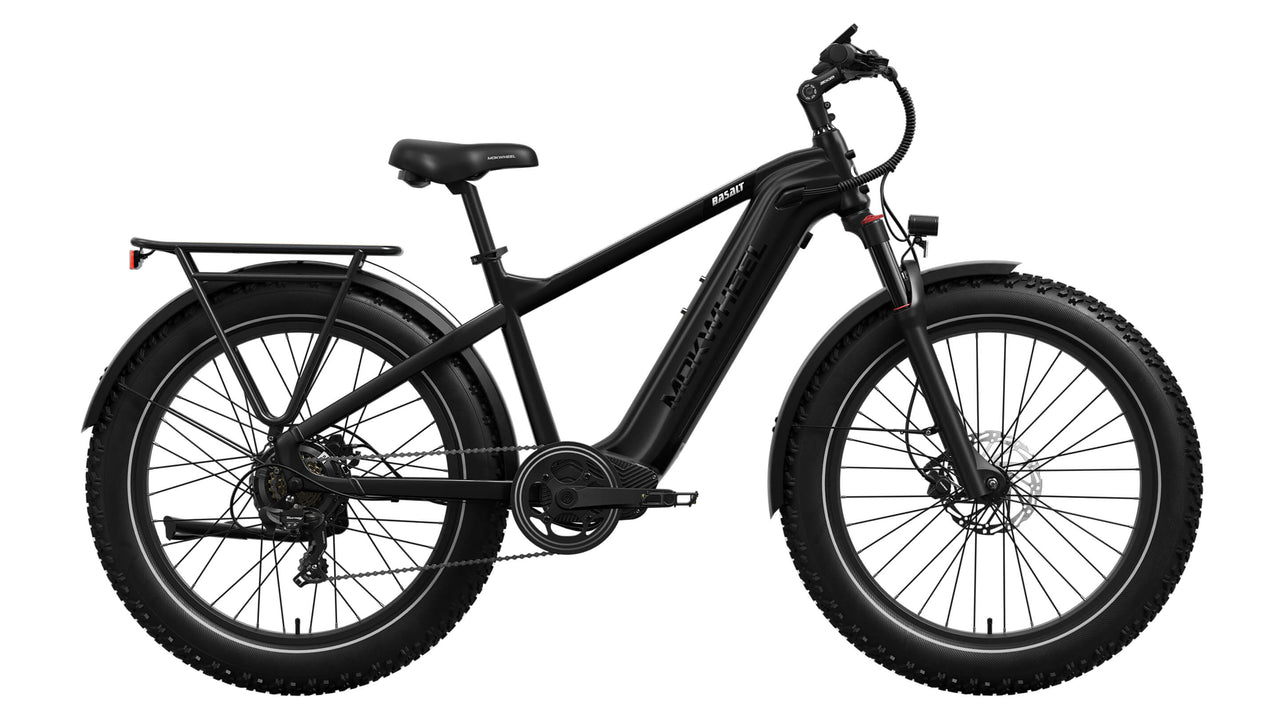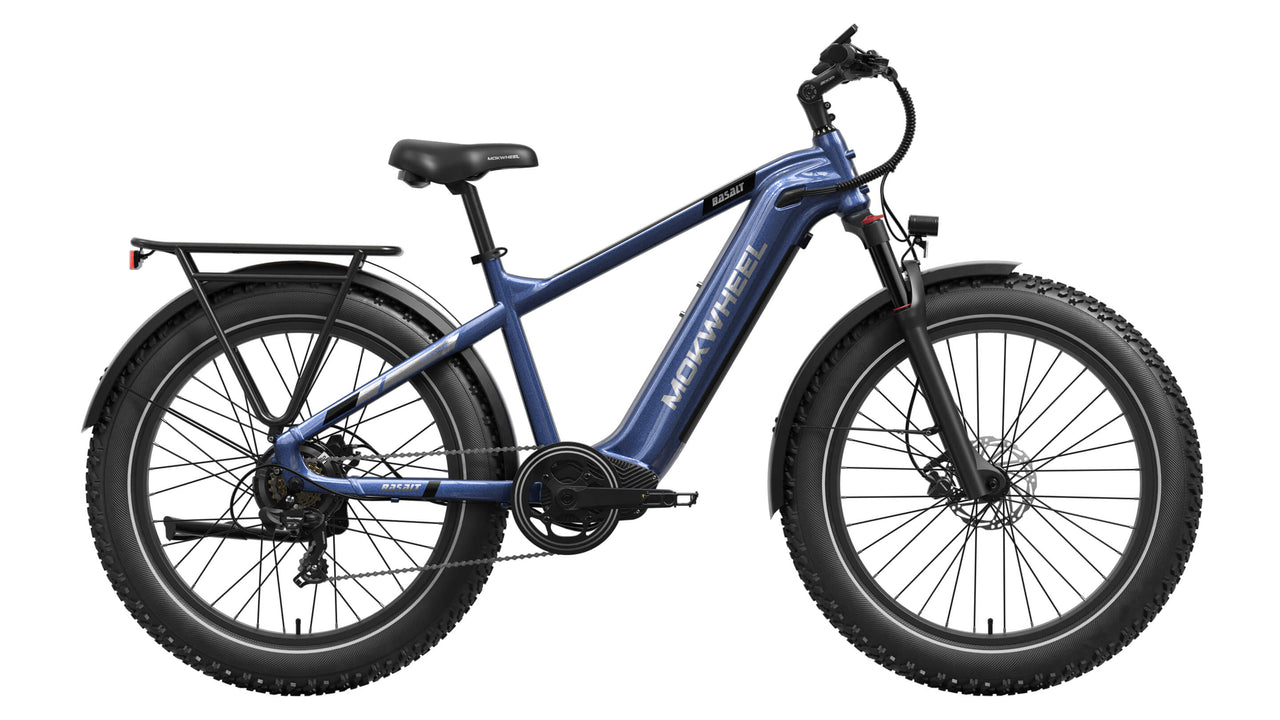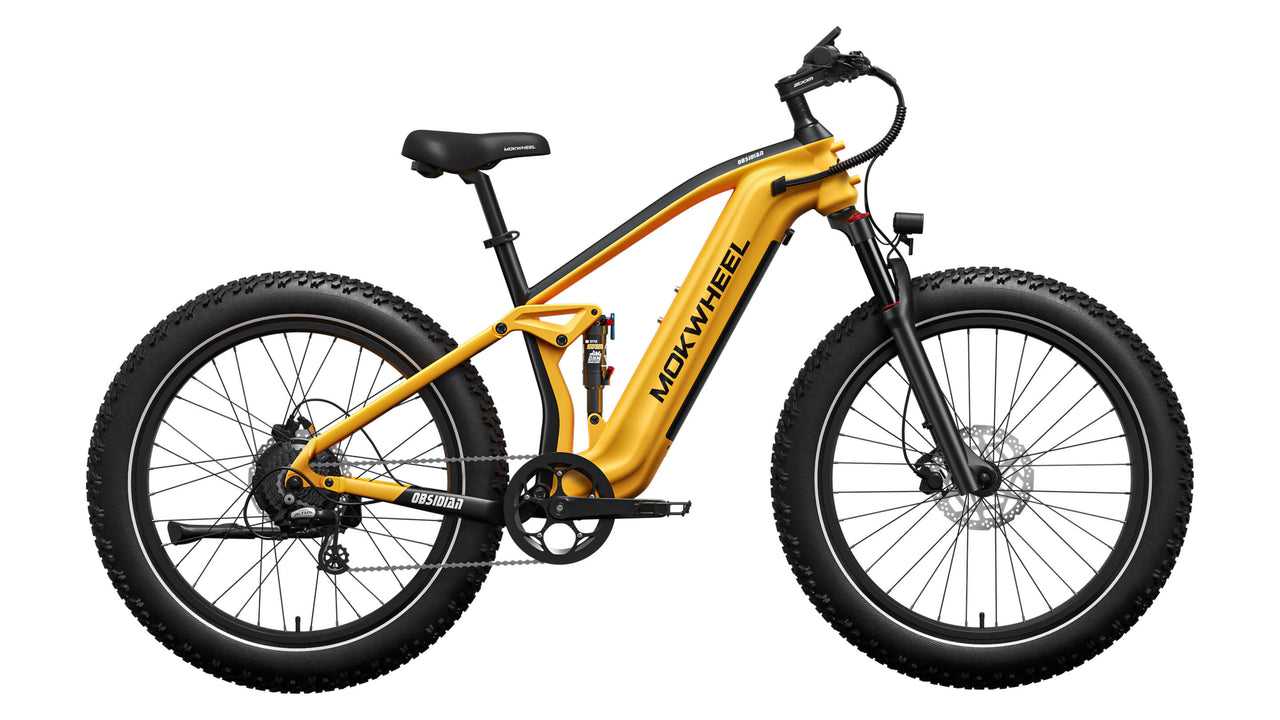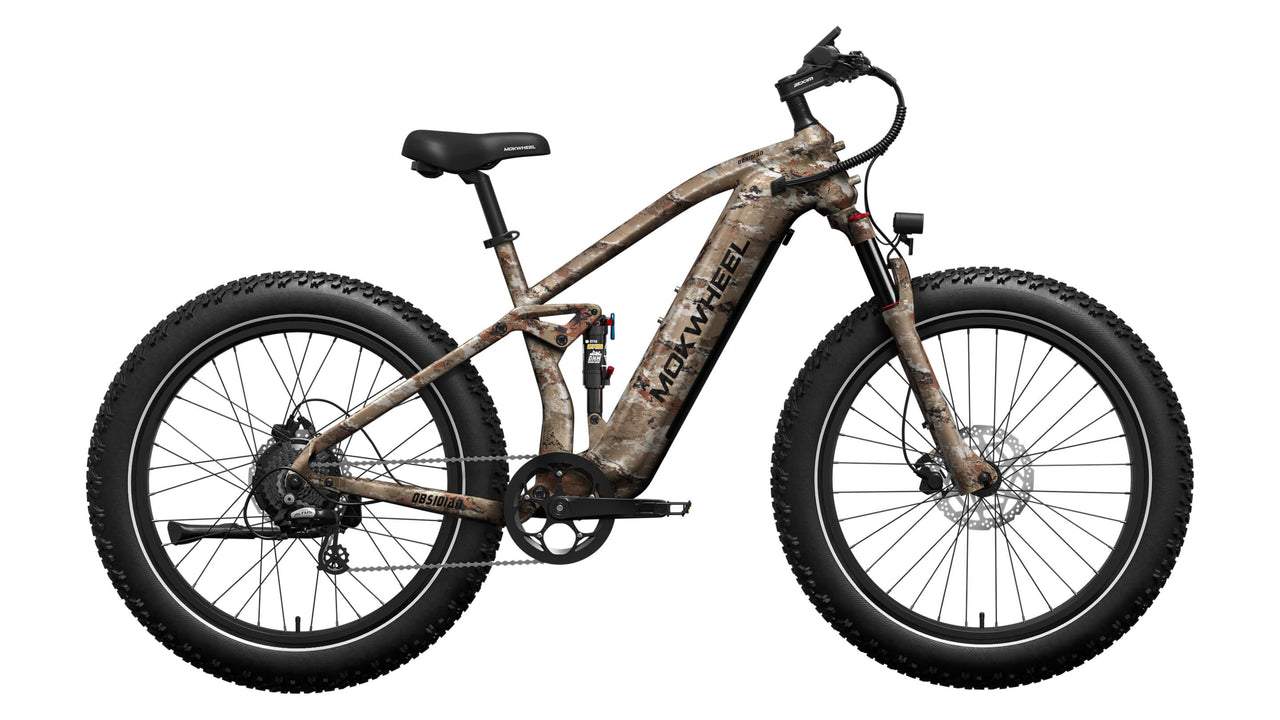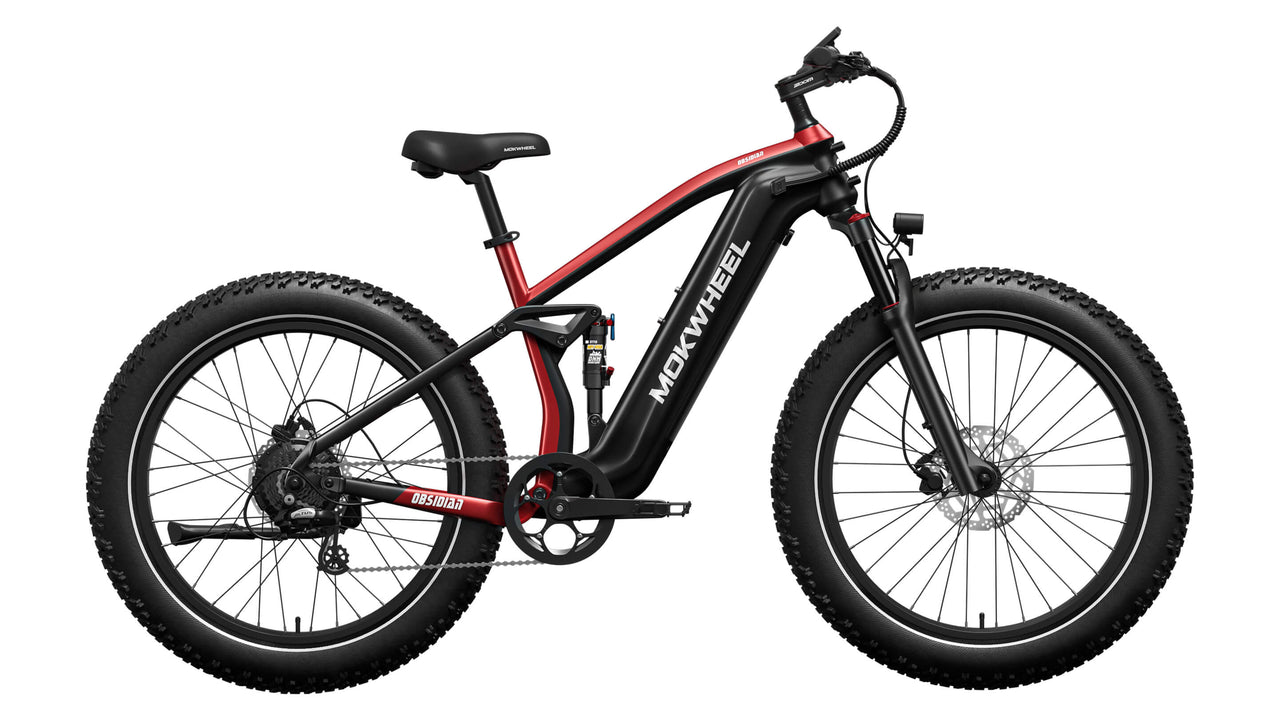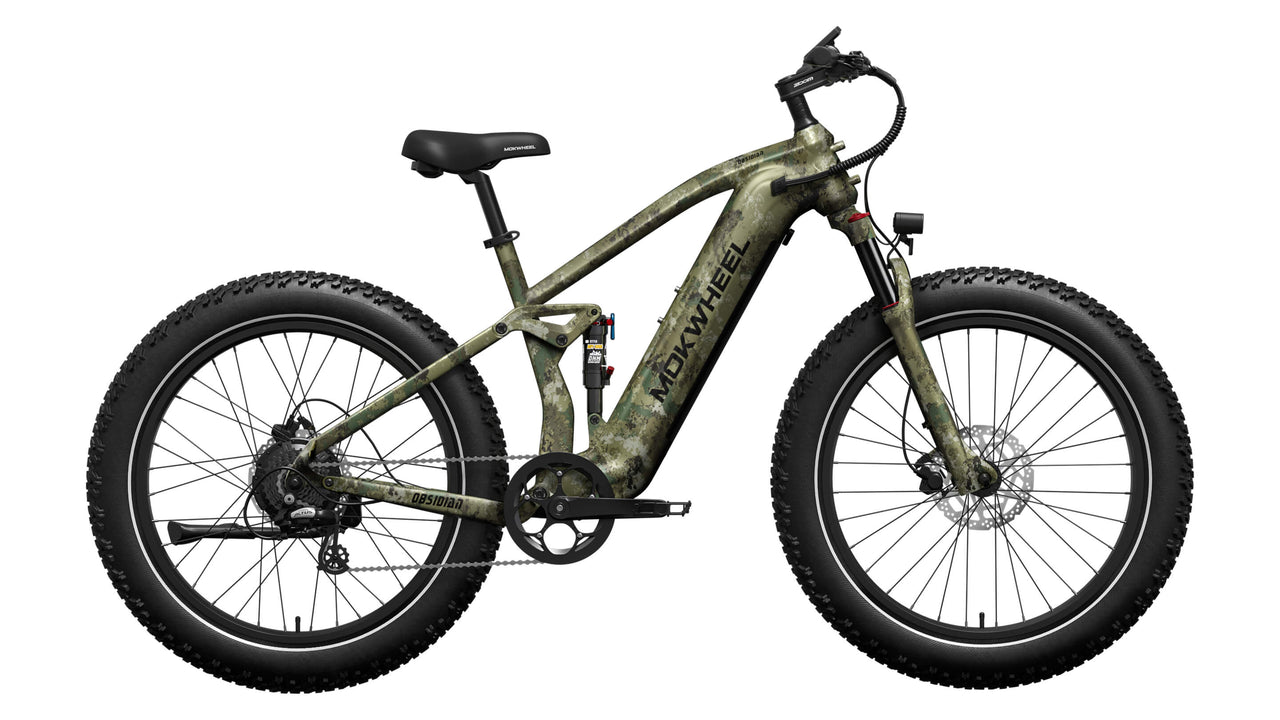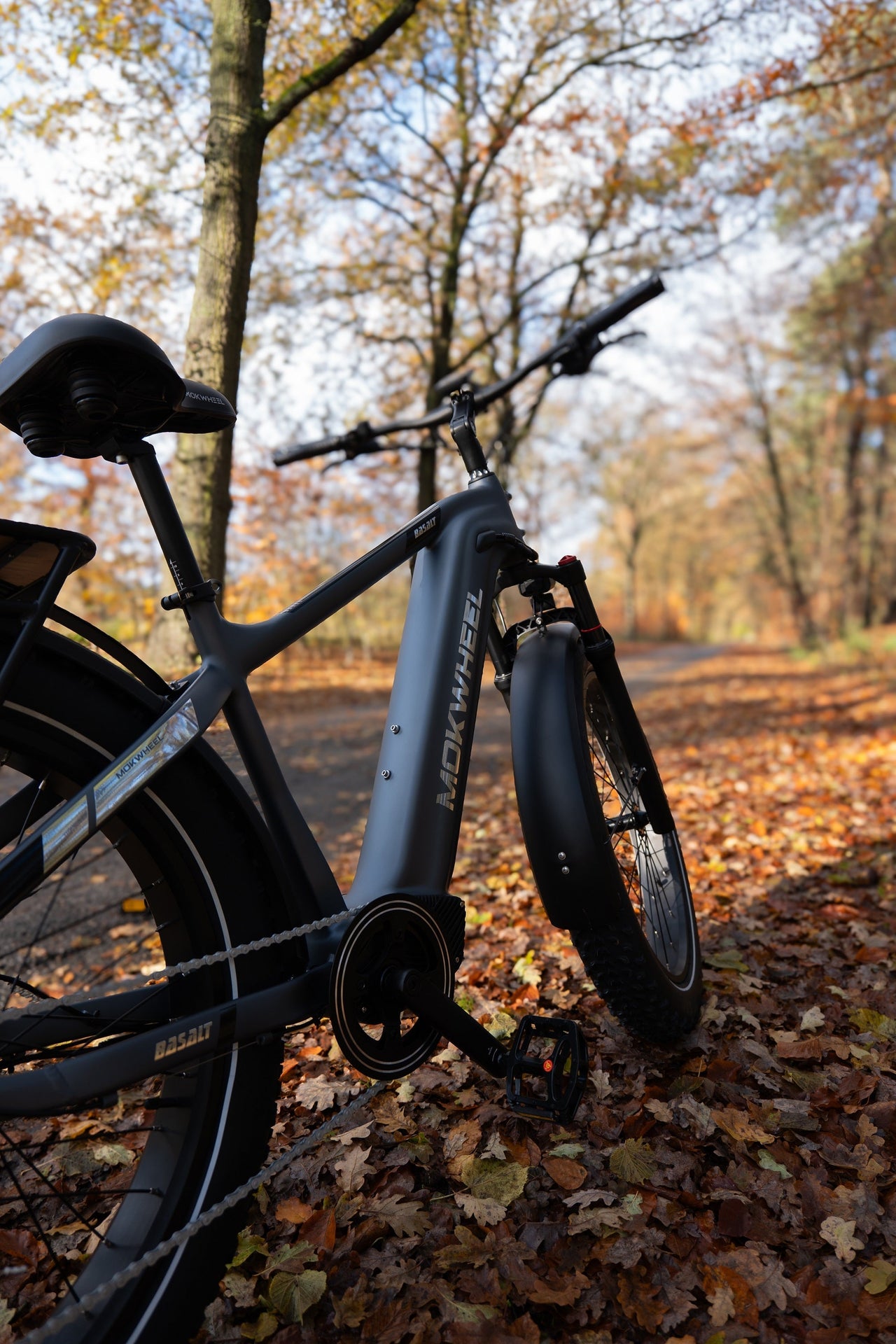As the popularity of e-bikes continues to soar, there is a growing interest in the technology that drives them, especially the sensors that play a crucial role in regulating their power output. Electric bikes utilize pedal assist sensors to determine when to activate or deactivate the motor and the amount of power required. The two most common sensors used in electric bikes are the torque sensor and the cadence sensor. The cadence sensor measures how fast the rider is pedaling, while the torque sensor measures the amount of force being applied to the pedals. These sensors then communicate with the pedal-assist system (PAS) to activate the motor and provide assistance. It is crucial to understand the differences between these sensors and their effects on an e-bike's performance and ride when looking for an ideal model.

What is a Cadence Sensor?
A cadence sensor detects if you are pedaling, and tells the controller, which then supplies motor power up to the limit you have set on your display. The most basic cadence sensors function like a simple on/off switch. When you start pedaling, the sensor sends a signal to the controller, which initiates the motor. Conversely, when you stop pedaling, the sensor sends a signal to the controller, which switches off the motor.
Cadence sensors are a popular choice for e-bikes in the lower to mid-price bracket.
Pros of Cadence Sensors
More Cost-effective
Cadence sensors are a more budget-friendly option as they rely on basic components like magnets and a simple sensor to track pedal rotations.
Quick Activation
It's easier to activate pedal assist with cadence sensors since you only have to make a few pedal rotations to get the motor started.
It Takes Less Effort to Ride
Pedaling becomes less effortful with cadence sensors as you simply have to rotate the pedals to keep the motor running.
Cons of Cadence Sensors
Less Responsive
Compared to torque sensors, cadence sensors are less sensitive to changes in pedal pressure as they measure your pedaling input less frequently. Consequently, they are slower to start, stop, or adjust.
Jerky at Times
Cadence sensors work like an on/off switch, causing the motor to either turn on or off when the pedals start moving. This can create a jerky and counterintuitive ride experience, especially when navigating hills or uneven terrain.
Harder to Control
There may be a noticeable delay before the motor turns on or off, and the motor may deliver a sudden burst of power when it kicks in.
Less Range
Overusing the pedal assist system with a cadence sensor can quickly drain the battery, reducing the overall range of the e-bike. This is especially true if the cadence sensor is set to a higher level of assistance.
Riding Experience with Cadence Sensors
The ride on a cadence sensor-equipped bike can be a bit bumpy. When the motor activates, it can create a surge of power that propels you forward with a jarring force. You'll feel the jolting sensation more acutely when riding with higher levels of pedal assist. However, at lower levels, the ride will feel more seamless.
What is a Torque Sensor?
A torque sensor measures the force applied by the rider's pedaling. It uses a precision strain gauge to determine how hard the rider is pedaling and then sends a signal to the motor controller to adjust the power output accordingly. Unlike cadence sensors, which only measure the frequency of pedal rotation, torque sensors provide real-time adjustments to the motor's power output relative to the force being applied to the pedals. This means that the more force a rider applies to the pedals, the more power the motor supplies. Similarly, when the rider eases up on the pedals, the motor automatically decreases its power delivery. This makes the bike feel more natural and responsive, similar to a traditional bicycle. It's a great way to transition from a traditional bike to an e-bike. Mokwheel Basalt, Basalt ST, Scoria, Asphalt ST e-bikes are equipped with torque sensors as standard.
Torque sensors are considered a more advanced technology than cadence sensors, which explains their higher cost.

Pros of Torque Sensors
More Intuitive and Natural
A torque sensor amplifies the rider's efforts, providing a seamless and intuitive riding experience. The motor assistance is directly proportional to the rider's input, creating a feeling of super-human power. It's like having bionic legs on your bike.
Longer Range
Torque sensors are highly efficient, providing power only when necessary, resulting in longer battery life and greater range.
More Responsive
Torque sensors respond almost instantly to changes in your pedaling, making the power delivery feel more immediate and responsive.
Better Handling
E-bikes with torque sensors offer smoother and more predictable power delivery, resulting in better handling and control compared to cadence sensors.
More Physical Activity
Torque sensors require riders to exert some effort, providing a good workout while still enjoying the benefits of electric assistance.
Safer
Torque sensors make the e-bike easier to control, with smooth, easy-to-control power delivery that's easy to anticipate. This improves safety and reduces the risk of accidents.
Cons of Torque Sensors
Expensive
Torque sensors use a precision-built strain gauge. The technology is more modern and complex.
Requires More Effort to Ride
You have to provide force to the pedals to engage the motor.
Riding Experience with Torque Sensors
Torque sensors offer a smoother ride in comparison to cadence sensors. This is due to their ability to promptly detect any changes in your pedaling power, which enhances the bike's responsiveness. Additionally, torque sensors provide a more natural feel as the bike reacts to your input, much like a non-motorized bicycle.
Which is Better?
There is no one-size-fits-all answer to this question, as it ultimately depends on the rider's preference and riding style. Cadence is cheaper and easier to use, but harder to control. Torque is more expensive, but provides a smoother and more natural riding experience that is similar to a traditional bicycle. If you’re on a tighter budget or prefer a more consistent riding experience, cadence sensor e-bikes might be the better choice. If you’re looking for a more natural and intuitive riding experience, torque-sensor e-bikes are the way to go. Regardless of which type of sensor you choose, it’s important to invest in a high-quality sensor to ensure the best possible riding experience.






